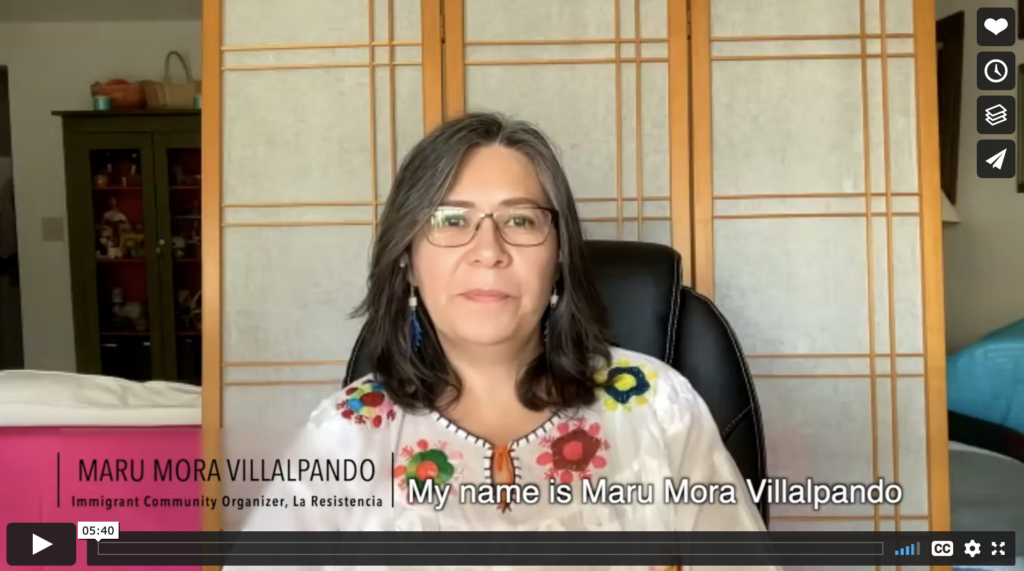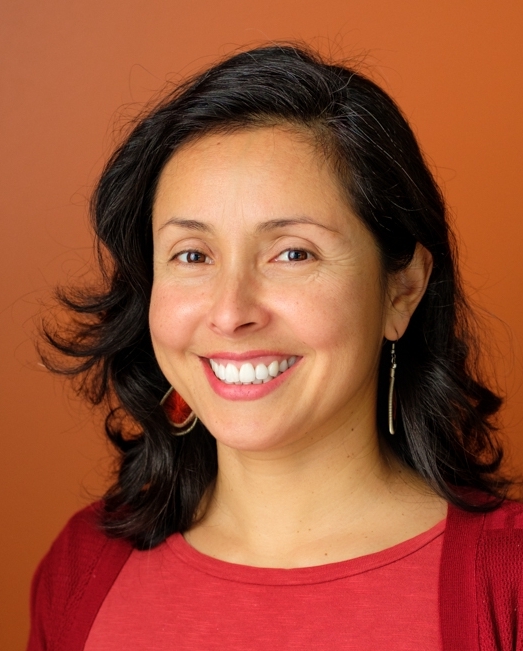New Latine Storytelling Group Launches COVID-19 Interview Series
Project BRIDGE is a new Seattle-based digital storytelling group formed by a team of Latine professionals dedicated to sharing under-told stories to advocate for our community’s health and research needs. This study was supported in part by funding from the Latino Center for Health.
Over the past year, Project BRIDGE interviewed six Latinas from around Washington state on their experiences as advocates, artists, researchers, mothers, and women dedicated to fighting for their communities on topics related to collaboration, decolonization, health care, migration, and navigating the pandemic.
Part I of BRIDGE’s three-part COVID-19 Interview Series highlights two advocates for undocumented detainees: Maru Mora Villalpando, Immigrant Community Organizer with La Resistencia, and Angelina Snodgrass Godoy, researcher, professor, and Director at the UW Center for Human Rights. In Part I: Advocating for Undocumented Detainees, they discuss the relationship between community and academia and the barriers and facilitators of their work.
Watch the video below to hear Maru’s experiences advocating for her community of undocumented detainees and navigating barriers amplified by COVID-19: “The conditions in prisons don’t make you healthy; actually, they do the opposite.” — Maru Mora Villalpando

Click here to watch Episodes II + III where you’ll hear more from Maru and meet Angelina Snodgrass Godoy’s experiences as a human rights researcher.
The pandemic brought to light deep inequities in our systems. As we respond to the health needs in the Latine community, we hope our partners’ stories inform, expand, and inspire growth for advocates, researchers, and allies.
Visit the website by clicking here to learn more about our work and watch the rest of the COVID-19 Interview Series Project BRIDGE.
Project BRIDGE is a collaboration between the University of Washington, the Consulate of Mexico in Seattle, and community partners dedicated to advancing Latines in WA and beyond. BRIDGE is funded by the Population Health Initiative, Department of Communications, and Latino Center for Health at the University of Washington.
Please contact Nathalia Jimenez for all queries at njimen@uw.edu
